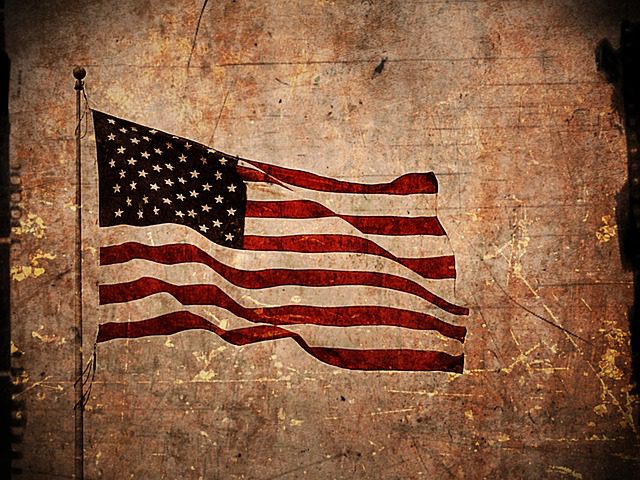Liberal Democracy Political System is one of the popular political systems after the cold war. Geopolitical changes that accelerate the flow of globalization have resulted in many countries adopting a liberal democratic political system. This is because this political system prioritizes individual freedom and people’s sovereignty.
So what exactly is this liberal democratic political system, what are its types and characteristics and which countries have adopted this political system as their state system. Let’s look at the full review at Sinaumedia.com below.
Definition of Liberal Democratic Political System
Liberal Democracy Political System is a political system that gives freedom to the people at large. People are free individually and in groups to form associations. This means that in a liberal democratic system, individual freedom is the main pioneer in social life.
On the other hand, government decisions must not violate individual freedoms and rights as stated in the constitution.
This liberal democracy is rooted in the social contract theory that was born during the Enlightenment by thinkers such as Jean-Jacques Rousseau, John Locke and Thomas Hobbes.
After the cold war there was a significant shift in the political and economic situation. The flow of industrialization has touched various countries so that the economy crosses borders without knowing territory.
The advantages of economic power and resources are used by developed countries to spread their ideology. Of course, one of them is a liberal democratic political system. It’s no wonder that liberal democracy is the formula for western countries to become the antithesis of the ideology of Chinese communism.
The narrative of individual freedom is characteristic of a liberal democratic system. As a result, the highest constitution of this system is held by the people. However, there are things that are prerequisites for a liberal democratic system to work well, one of which is the formation of a stable legislative composition, balanced opposition, and information disclosure.
In practice, this system places the President as the head of state, and the prime minister as the head of government and the head of the cabinet.
This system can only work well if the parliament has a balanced and steady composition between the supporters of the government and the opposition. The composition of the government’s supporters and opposition that often changes will mean that the cabinet can be dropped at any time.
Types of Democracy Based on Their Ideology
1. People’s Democracy
People’s democracy is a democratic system based on the notion of communism or socialism in which individual interests have no space at the societal level. The interests of the state and the public interest are important factors in social life.
In practice, the state has full authority over its people.
2. Liberal Democracy
Liberal democracy is a democratic system that places individual freedom as the main pioneer. With this, the state has limited power and is tasked with providing protection for the freedom of its citizens.
In this system, criticism can be done by anyone and at any time as long as it does not harm others. This means that the government and the opposition are very important instruments for the realization of a stable government.
Features of Liberal Democracy
1. The President and Vice President serve as Heads of State
In a liberal democratic system, the President and Vice President are heads of state, while the government process is carried out by the prime minister.
2. Policy Based on Majority Decision
In taking a policy, a liberal democratic system must be based on the majority vote of the people based on the vote in the legislature.
3. Parliament can control Cabinet
As a system that places individuals above the government, parliament is certainly able to carry out its role and function as an institution that controls government policies.
4. There is a General Election
The succession of leadership in a liberal democratic system must be through free and open elections. The election results are able to legitimize that the winning government is the people’s choice.
5. Executive powers are limited by the Constitution, Legislation and Law
Executive power is limited to avoid abuse of power. In addition, this limitation aims to keep the government on the right track in accordance with the agreement of the state.
6. Minority Groups Can Fight For Their Groups
Freedom in a liberal democratic system is not only for individuals but also for groups. As a result, any group with a majority and a minority scale has the same right to freedom.
7. Allocation of Natural and Human Resources can be controlled
Natural resources as well as human resources are entirely for the benefit of citizens
8. Open criticism and votes of no confidence are common.
In this liberal democratic system, criticism and motions of no confidence often occur either from the public or from the parliament to the cabinet.
9. The Head of Government is headed by the Prime Minister
The prime minister runs the government process as well as heads the cabinet.
10. Prime Ministers and Ministers are appointed and dismissed by Parliament
In this system, the parliament has control over who is entitled to become a minister.
11. Legislative is stronger than Executive
For the sake of government stability, the legislative role is the key to good governance. As a result, the legislative power is stronger.
Thus a brief explanation of the political system of liberal democracy, Happy Reading!
